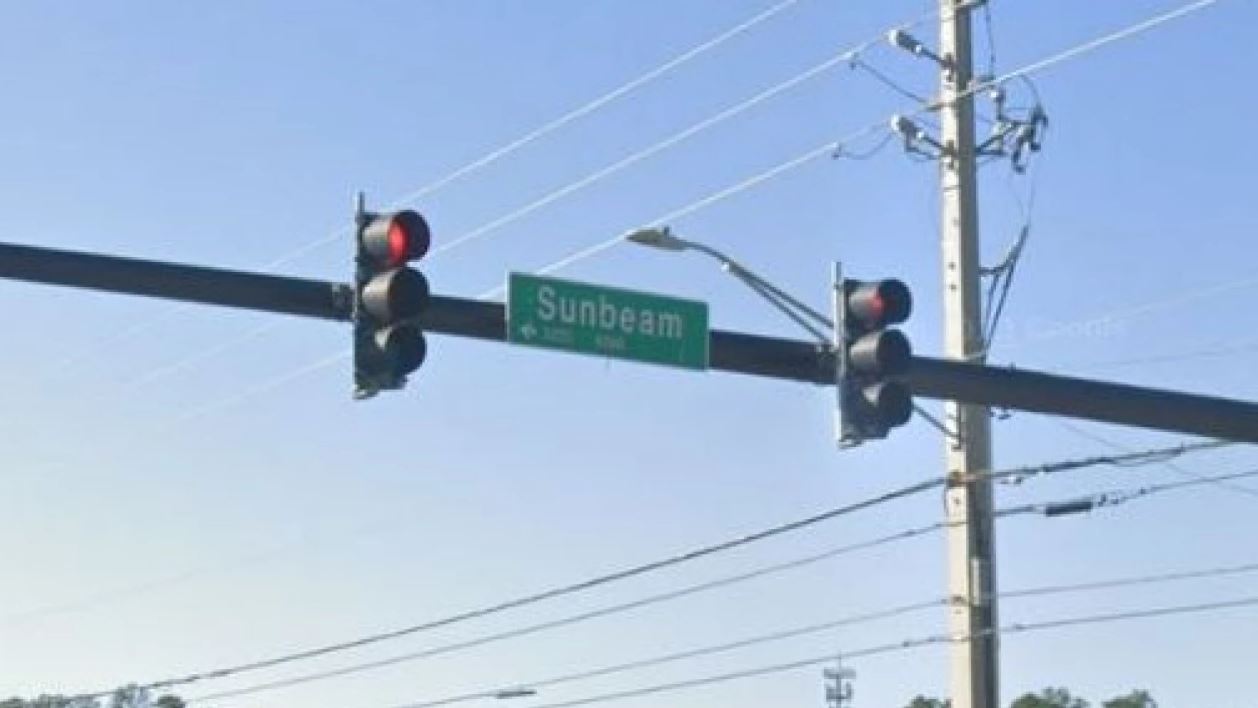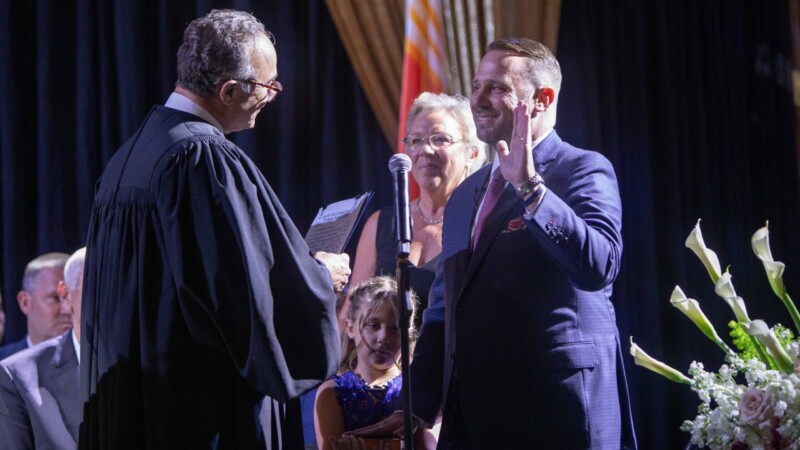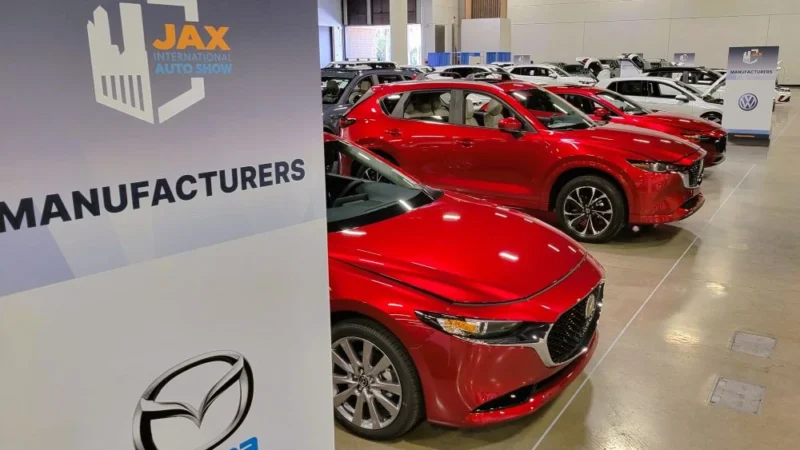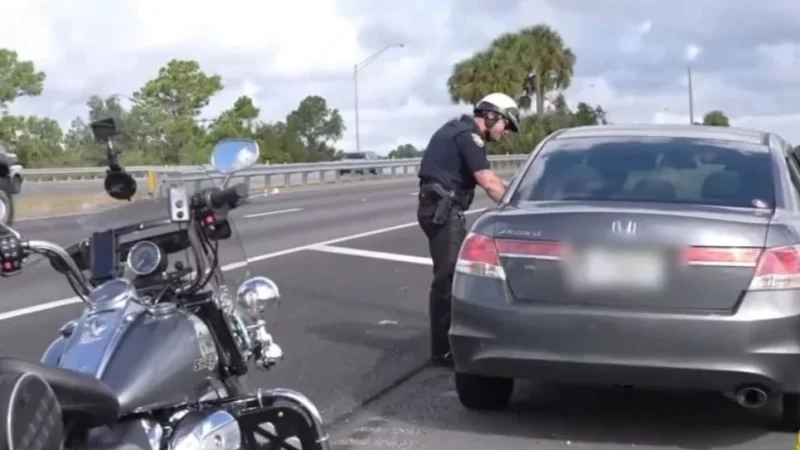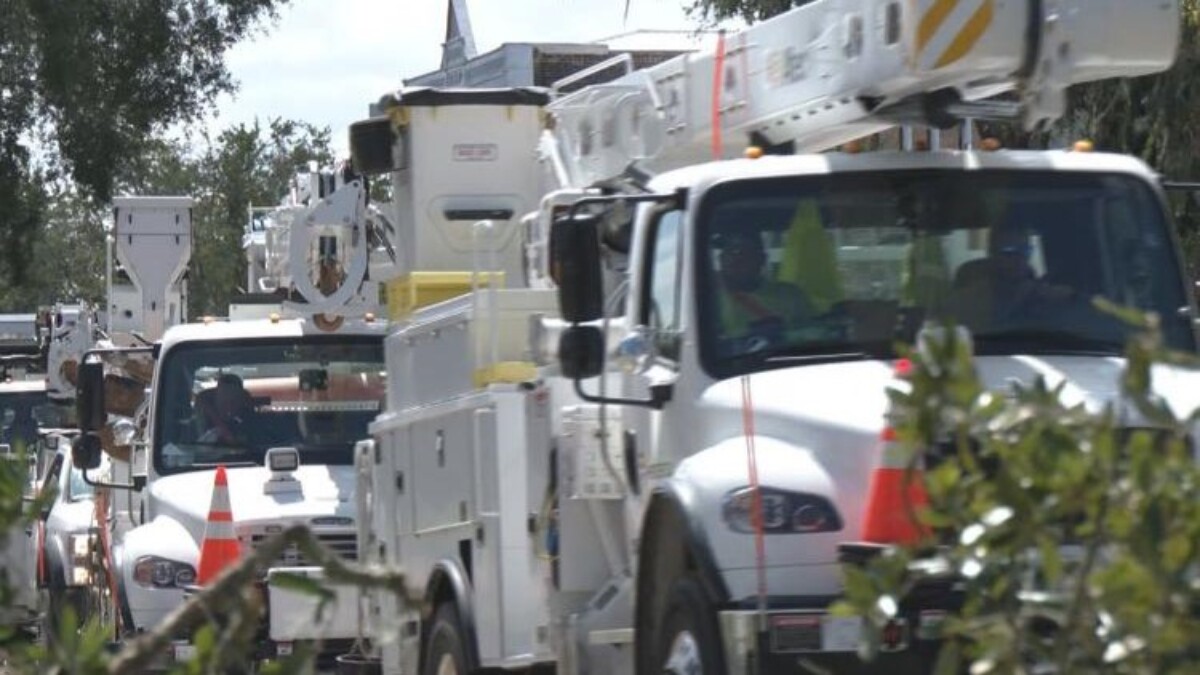If you’re tired of sitting in rush hour traffic, the Florida Policy Project thinks it has a solution.
Jeff Brandes, the institute’s president and a former state senator, said the state’s outdated traffic lights cause congestion and accidents.
His organization, a nonpartisan group advocating for evidence-based policies, partnered with experts from the University of South Florida Center for Urban Transportation Research on a study showing possible solutions to the traffic system problem.
The report, called “Best Practices: Signalized Intersection Investments,” recommends integrating new technologies, including artificial intelligence, to existing infrastructure.
“We can really improve everyone’s lives in Florida with a modest investment,” Brandes said. “We’re spending billions of dollars rebuilding bridges and those are necessary. But let’s spend hundreds of millions of dollars and upgrade the stoplights of the state of Florida.”
Analyzing over 16,000 intersections in the state, researchers found that the average traffic delay per vehicle in Florida was 20.4 seconds in 2022. That’s compared to the national average of 18.1 seconds.
The delays also translate into more greenhouse gases being emitted into the environment. For example, in 2022, the total daily delay per signal in Florida was almost 180 hours, which resulted in over 1,300 pounds of carbon dioxide emissions per day, according to the study.
But the report also found the changes could go beyond just easing congestion and pollution — it could save lives.
Traffic signal clashes
Intersections are “crucial points” in the transportation system where vulnerable road users, such as cyclists and pedestrians, converge with drivers, leading to an increased safety risk, according to the study.
The report found that fatal accidents involving vulnerable road users in Florida have increased by an annual rate of 7.4% between 2019 and 2023.
“This is not some random road project to widen some street,” Brandes said. “This is improving how you get around your cities every single day, not only driving efficiency, but also safer for bikers and pedestrians that are utilizing the roads as well.”
The report offers a series of options to improve the current infrastructure. For a short-term fix, it recommends building partnerships to accelerate technology deployment.
It also advocates for statewide protocols for upgrading intersections and using “advanced AI-powered traffic management solutions.”
In the long term, the report calls for investments in systems that can adapt to evolving technologies and outlining statewide performance targets.
Brandes said many of the state’s traffic signals operate on timers, meaning they’re “analog in a digital world.”
He said it’s not a question of whether traffic lights will be upgraded; it’s only a matter of when. He’s calling on the state’s Legislature to take action.
“We’re saying make the investment now,” he said. “Make this a strategic plan to have Florida signals essentially upgraded all over the state by 2030.”
Copyright 2024 WUSF 89.7


